Death haunts Almodóvar’s latest films, whether as a threat, an instinctive soul searching at the end of life, a look back in History and, in the case of The Room Next Door (premiered at the 81st Venice Festival) as a reflection on the generosity of friendship and the right to decide about one’s own life.
After the appreciable Strange Way of Life (2023), which premiered at the Cannes Film Festival, and the panic caused by his first feature film project in English, Pedro Almodóvar finally throws himself into the arena with the firm and dedicated hands of two undeniable stars: Julianne Moore and Tilda Swinton, who play Ingrid and Martha, two old friends who meet again at a decisive moment in the life of one of them. Ingrid is a successful author and Martha has been a war reporter, New Yorkers, beautiful, rich and professional, had lost touch, despite having been very close in the past, and even having shared at different times the same lover, Damian (John Turturro).
By chance, Ingrid learns of the health problem afflicting her friend, rushing to her side and repeatedly excusing herself for having lost contact, as if the guilt caused by the distance was growing because of Martha’s cancer. After an experimental treatment, there is no improvement and the patient decides to end her own life at the time she deems appropriate, thanks to a drug she has obtained on the deep web. Here comes the call to action and the beginning of a conflict when she asks Ingrid to accompany her in her last hours, to which she agrees after a deep reflection.
From this point on, the film becomes The Human Voice in duet, in terms of the theatricality of the mise-en-scène and the dialogues that seem to occupy the remaining time until Martha’s bedroom door is closed in the morning: that is the password to know that it has already happened. Ingrid’s demand for total surrender, the anguish of her decision and later the experience of her friend’s last days do not transmit the necessary emotion to make us feel confused or anguished in our turn.
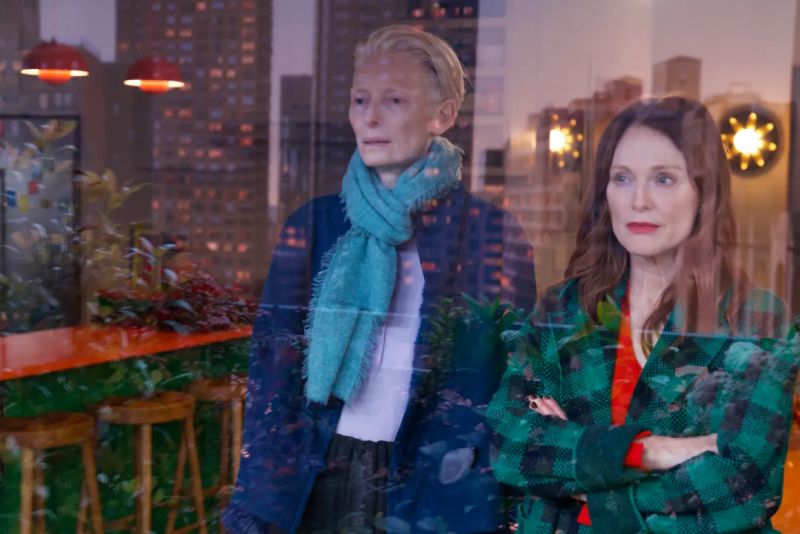
The days pass between literary conversations, films and memories of youth, all wrapped with the distinctive signs of Almodovarian cinema, its corporate colors and culture quotes, with a production design by Inba Weinberg (Suspiria, 2018) in no way singular, super-patterned and contrived. Eduard Grau‘s photography is impeccable, as are the rest of the elements —costumes by Bina Daigeler (Tár, 2022) and music by Alberto Iglesias— turning the whole, as Truffaut would say, into one of those films buttoned up to the neck.
The stories of friendship between two women, which time separates and tests, when affection and ideas do not go in unison, have given the cinema magnificent films like Julia (1977), where Jane Fonda and Vanessa Redgrave pierced the screen with their affection and despair, or Rich and Famous (1981), where Jacqueline Bisset and Candice Bergen conveyed truth, but Almodóvar is not Fred Zinneman or George Cukor, even in his twilight hour. And it’s not for lack of commitment from Tilda Swinton and Julianne Moore, who both excel, even the former coming very close to Redgrave. Melodrama should be based on pathos and not on wrapping paper or expensive dresses; the threat of loss, the death of the other that is also in some way our own because it becomes virtual by its proximity, the sacrifice of a personal ethic out of respect for the one we love, are major themes that do not need brutal seriousness to make us feel pain or doubt.
In The Room Next Door there is no black humor, but there is an excess of poorly disguised solemnity, which seems to place the suffering Ingrid in an undeserved situation —not because she is closer to the terminally ill, but because she is the only one who agrees—, while Martha takes an individual decision almost to emotional blackmail —her daughter’s story— to convince the friend she has found again.
Almodóvar’s cinema lost its spontaneity too long ago, even if some of his mature works have shone, and that makes him a cliché. It is precisely when life places us before the big questions that the artist must demonstrate that his supposed frivolity is born of a deliberate attitude of facing them, or that his seriousness is the result of introspection and doubt, fear or acceptance. None of this is to be found in a film where the protagonist couple seems to simply make time to finish once and for all and leave that chalet in El Escorial, a fake Woodstock, in which neither the talent of two outstanding actresses manage to give signs of life or real emotion.

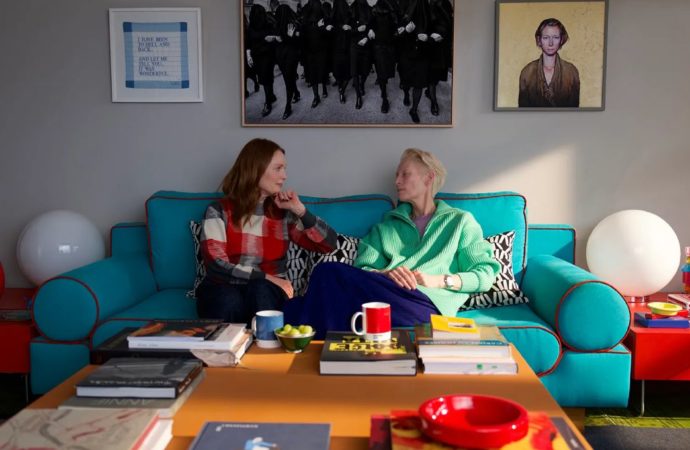

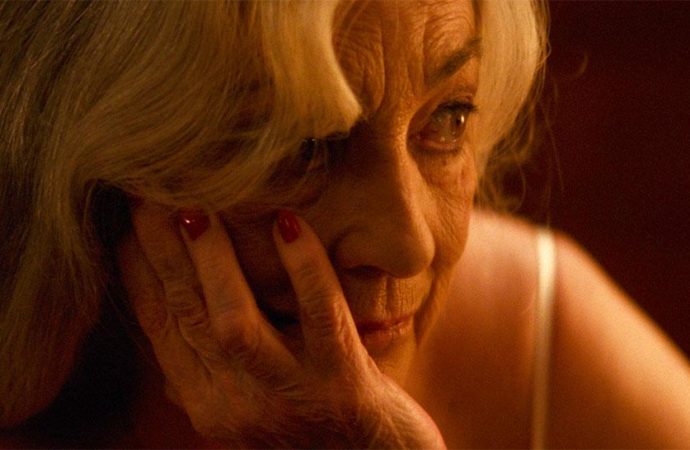

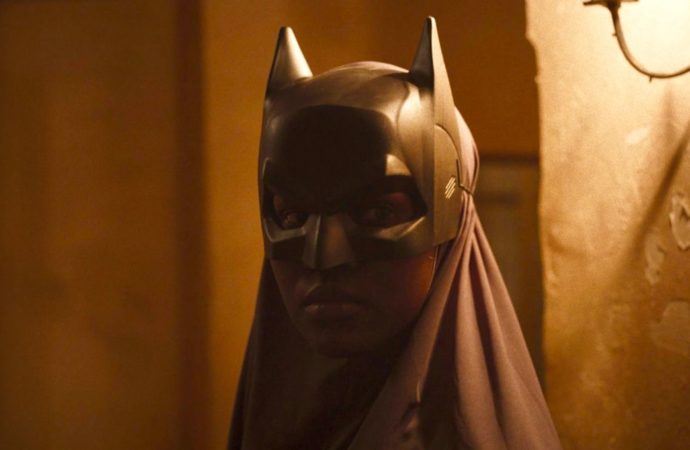
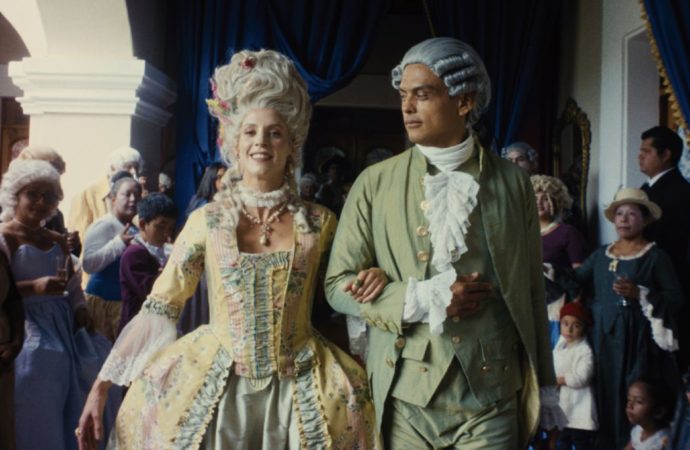


No one has posted any comments yet. Be the first person!